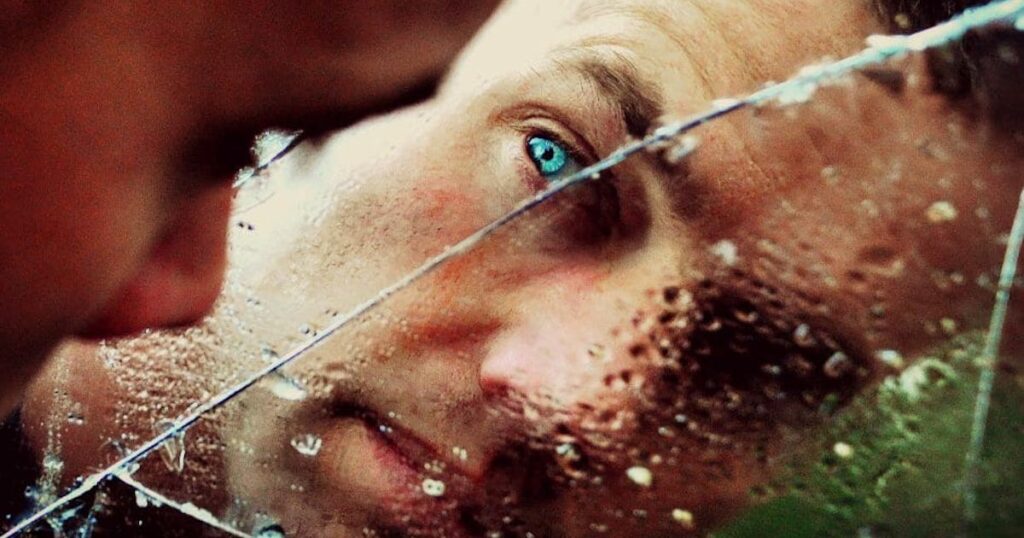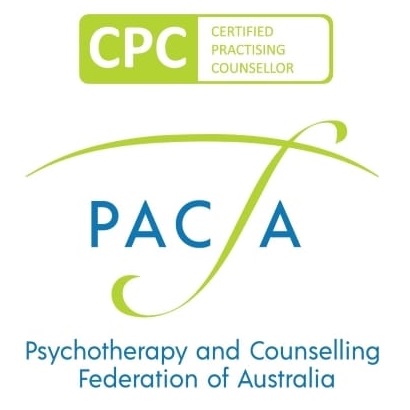It seems to me that depression is becoming more and more widespread in the Western world. If medication was the solution, why is this health issue still growing? We are told by the medical establishment that depression is caused by an imbalance of chemicals in your brain and that the way to fix it is to start on a course of drugs.
There are many different types of medication to treat depression, and they often have to be tried and tested before you find one that alleviates the symptoms of depression, but also one that causes minimal side-effects.
Often the drugs will work for a while, then the levels need to be adjusted when your body gets used to them and the symptoms start to return. Often, people will report that they still feel depressed while on medication, no matter what they do.
Sure, meds can serve a purpose, but to me, this is just a bandaid treatment, and not getting to the cause of the problem. I do wonder how many people, once the chemicals stablise in the brain, still have the lingering symptoms of depression and/or feel that something’s missing but can’t quite put their finger on it.
I have read a couple of articles in the past week that offer very different perspectives on the cause of depression, and I feel they are both really important to consider if people are searching to heal themselves from this dreadful, life-draining affliction.
What’s been happening in your life?
Johann Hari writes in his article, ‘The real causes of depression have been discovered, and they’re not what you think’, that he was led on quest to find some answers after a ten-year struggle on depression medication. He was alarmed to discover that, of the 9 different types of depression that have been identified, only 2 appear to be biological (as in, inherited) and the others are environmentally-caused (as in, a result of living and being in the world).
His search led him to meet a research scientist, Dr Vincent Felitti, who had conducted wide-scale research (17,000 people) on what was preventing obese people from keeping their weight down after coming off a slimming programme (a little off-topic, but bear with me). The answer remained elusive to him until he sat down and questioned one participant as to when she started gaining weight.
The age corresponded with a traumatic and violent incident in this person’s youth.
It dawned on him that trauma might be the trigger, and that the weight was an unconscious protective mechanism to guard against the outside world. This led to another extensive research program from which he discovered astounding results:
If there was childhood trauma present, then the chances of having depression as an adult skyrocketed. Suicidal ideation in adulthood exploded to 3,100%, and more than 4000% greater likelihood of being an injecting drug user
As Johann expresses so eloquently in his article is that, by pathologizing (there’s something wrong with you that needs fixing) depression and anxiety, ie being told that your brain is broken and the only solution is to be drugged, actually prevents people from seeking, reaching, and ultimately healing the underlying trauma, the root cause of their depression or anxiety.
Getting to know and validate yourself
In Prof Joanne Cacciatore’s article, ‘New study reveals the true cause of depression and it’s not what you think’, she discusses what I believe to be one of the environmental causes of depression, namely, how we go about getting our needs met. As human beings we all have fundamental physical needs such as clean air, food and water, along with shelter. However, we also have psychological needs that need to be met, whether you are conscious of them or not. These include:
- The need to belong
- The need to feel secure and safe
- The need to feel valued and validated
- The need for growth and learning, both emotionally and intellectually
- The need to contribute or give back
- The need for connection and love – we are not built for experiencing life in isolation from each other. We learn about ourselves and our world by being connected first to family, then to the greater outside world
- The need for meaning – humans are meaning-making creatures; life would seem rather pointless if we could not create meaning out of our experiences.
How many of these are missing from our Western lifestyle? How many of us are so caught up with the stress of having to pay unceasing bills, living hectic lives, or in pursuit of material possessions that dangle the promise of happiness, that we lose sight of our needs? Our modern lifestyle is creating a deep disconnection and it is this that Professor Cacciatore argues has contributed to a pandemic of depression and anxiety.
The article put a spotlight on how much meaning people have from the thing they spend most of their time doing: their job.
Professor Cacciatore highlights one Gallup poll that sought to find out how much meaningful fulfilment people get from their job. Just 13% of people interviewed said that they are ‘engaged’ in their work and get enjoyment out of it. Around 63% say they are ‘not engaged’, meaning that they are just going through their day mechanically, while 24% are ‘actively disengaged’, meaning they dislike or hate their job.
Research has shown that feeling powerless, unappreciated and not in control of your environment not only causes enough stress to create heart attack potential, but also to lose life meaning which leads to depression.
Work isn’t the only area of our lives where depression may set in. Some other factors to consider are:
- Loneliness and feeling like no-one is there for you (if you doubt that, just take a listen to Guy Winch’s TED Talk on the impact that loneliness can have on the human psyche)
- Chasing after the ‘next big thing’, or believing that buying and owning ‘things’ will bring happiness
- Believing that social and/or workplace climbing will bring fulfilment and happiness
- Worrying about your future, catastrophising, or consistently thinking worst case scenario (this can cause you to swing between anxiety and depression)
There are many techniques for preventing and managing symptoms of both depression and its often-present cohort, anxiety. If you have concerns related to mood changes or persistently low mood, or if you struggle to find joy in your life, give me a call to discuss how I may be able to help. Making the time to talk with a professional counsellor in a safe, confidential and non-judgemental environment can make all the difference. Click on the link below.
Professor Cacciatore’s book is called ‘Lost Connections: Uncovering the Real Causes of Depression – and the Unexpected Solutions’
About Kate
Kate is a counsellor and energy healer based in Sydney’s Hills District. She has identified a common thread amongst trauma sufferers; and that is that they appear to suffer from similar physical symptoms and ailments, along with a history of unresolved trauma of some description. These can have massive and devastating impact in all areas of a person’s life. Kate supports her clients on their healing journey in a holistic sense. This involves helping to process and resolve trauma in the body, help clients choose appropriate nutrition, and address lifestyle issues and old belief patterns that no longer serve them. Clients report feeling calmer, more in control, and with greater self-awareness able to make self-affirming life decisions from their core of inner knowing.
If you have been wondering if counselling is the next step for you, but are a bit hesitant about it, feel free to call Kate to discuss your needs. Counselling can be life changing and transformative, and it’s always better to book an appointment before you reach crisis level.






